- Home
- Symptoms Explainer
- Chronic Anxiety
🧠 Why You Can’t “Just Calm Down”: Chronic Anxiety (It’s Not Just In Your Head!)
Chronic anxiety is not a failure of willpower, it’s a biological state of dysregulation. The physiology of anxiety involves an overactive stress response, mitochondrial energy imbalance, and gut-brain inflammation, all contributing to a body that remains in persistent alarm.
Understanding the biology of chronic anxiety reveals why it feels impossible to “just calm down,” and how restoring balance to the nervous system, hormones, and energy pathways can shift the body back toward calm regulation.

- Published on Oct 27th, 2025
Have you ever been in the middle of that wave of anxiety and just wondered, what is actually happening inside my body right now?
Today, we’re going to pull back the curtain on the science of it all looking at anxiety not as some kind of personal failing, but as a biological process.
One we can actually understand… and even influence.
Here’s what we’ll cover:
What anxiety really is and how it really is a body thing.
How the brain’s threat detector works (and why it’s often on overdrive).
The surprising root causes behind it.
How to retrain your nervous system.
A new way to think about anxiety itself.
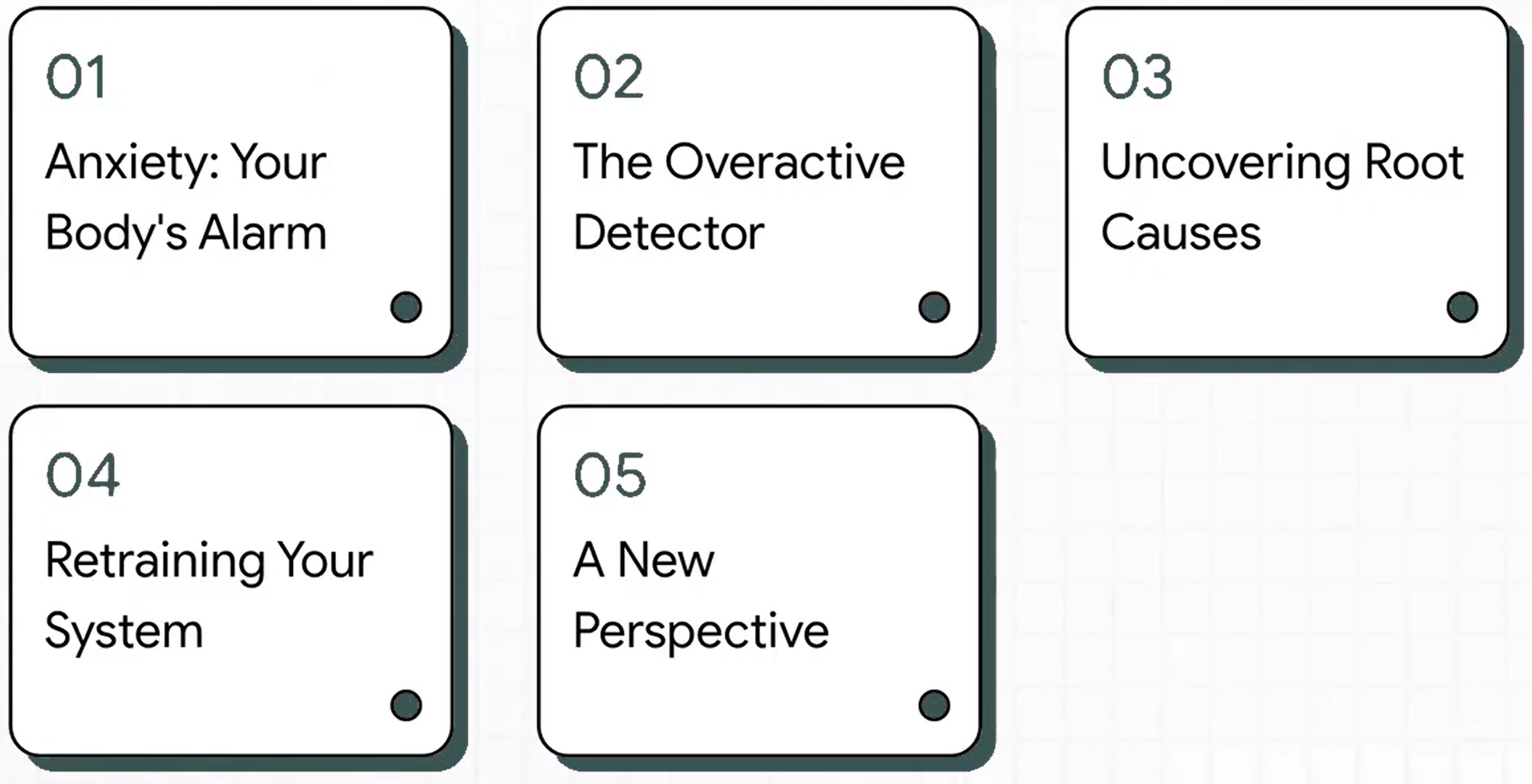

Anxiety: Your Body's Alarm:
More than just a feeling
To really get a handle on this, we’ve got to understand that anxiety is so much more than just a feeling of worry.
It’s a full-body experience, from your head to your toes.
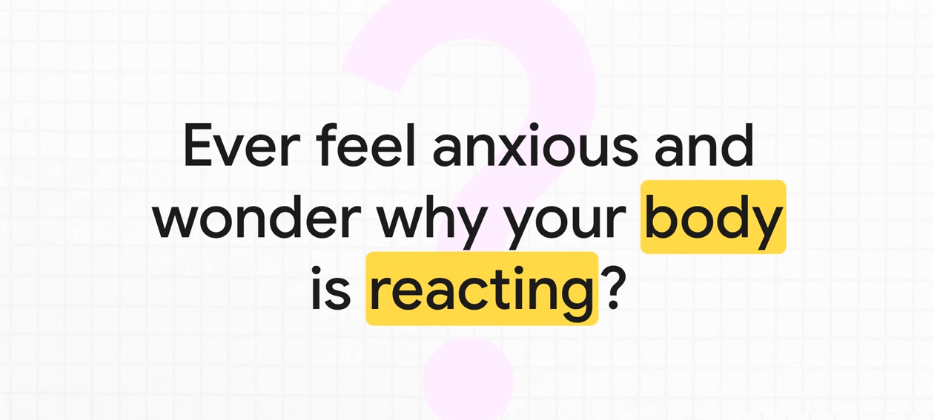
That racing heart. That tightness in your chest. That buzzing energy. It can feel so confusing.
But the answer isn’t about having more willpower, it’s wired into our biology.
These are ancient survival systems trying to protect us.
Think of anxiety as a state of dysregulated energy.
This involves everything, including your brain chemistry, the little energy factories in your cells (the mitochondria) (Picard et al., 2018, PubMed), and your entire hormone system. (McEwen, 2007, PubMed).
It’s a physical event. It’s not just in your head.
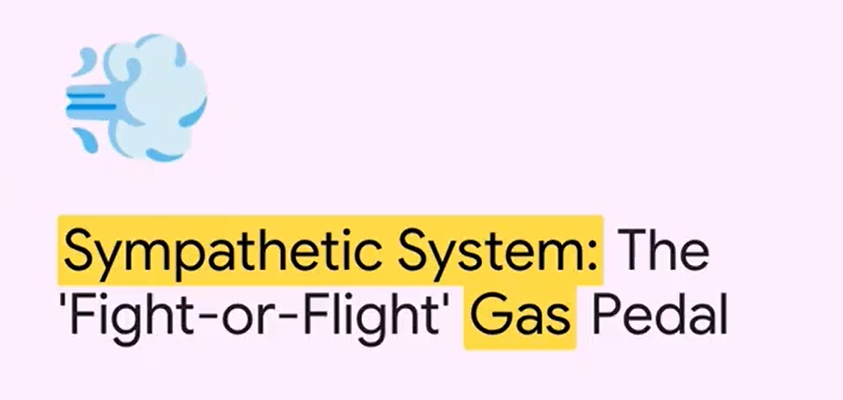
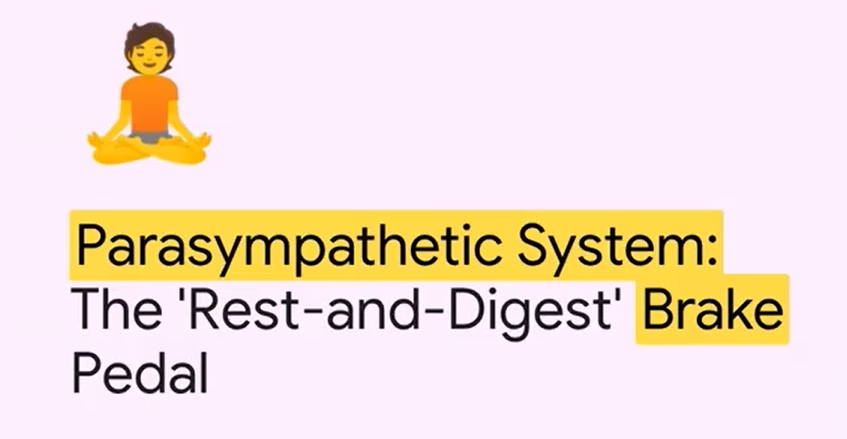
Picture your nervous system with a gas pedal and a brake.
The sympathetic system is your gas pedal; it revs you up for action.
The parasympathetic system is your brake; it’s what calms everything down.
With chronic anxiety, it’s like your foot is stuck, slammed on the gas, and that poor brake pedal just can’t get a word in edgewise. (Thayer & Lane, 2000, PubMed).
The Overactive Detector:
Why your brain stays alert
Let’s shift gears and look at the brain itself. What’s actually keeping that gas pedal floored?
Deep in your brain sits a little almond-shaped structure called the amygdala.
Its main job? Constantly scanning your environment for danger, kind of like a smoke detector in your house.

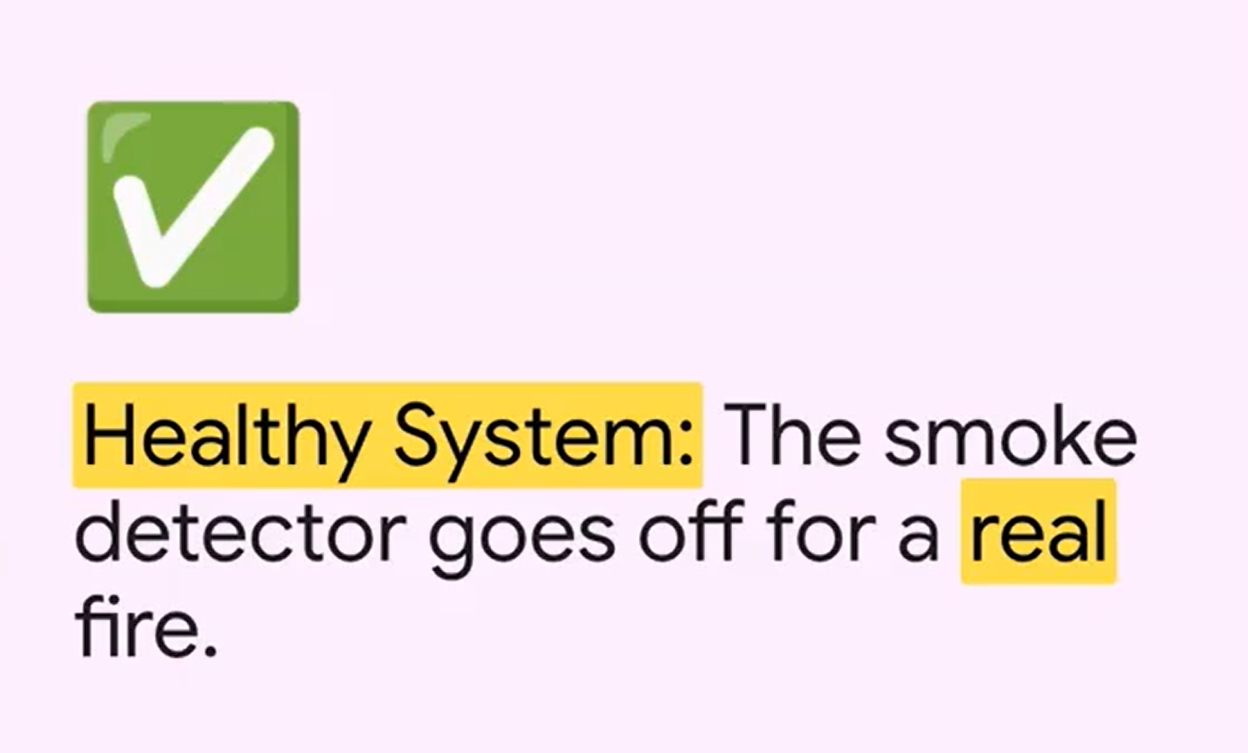
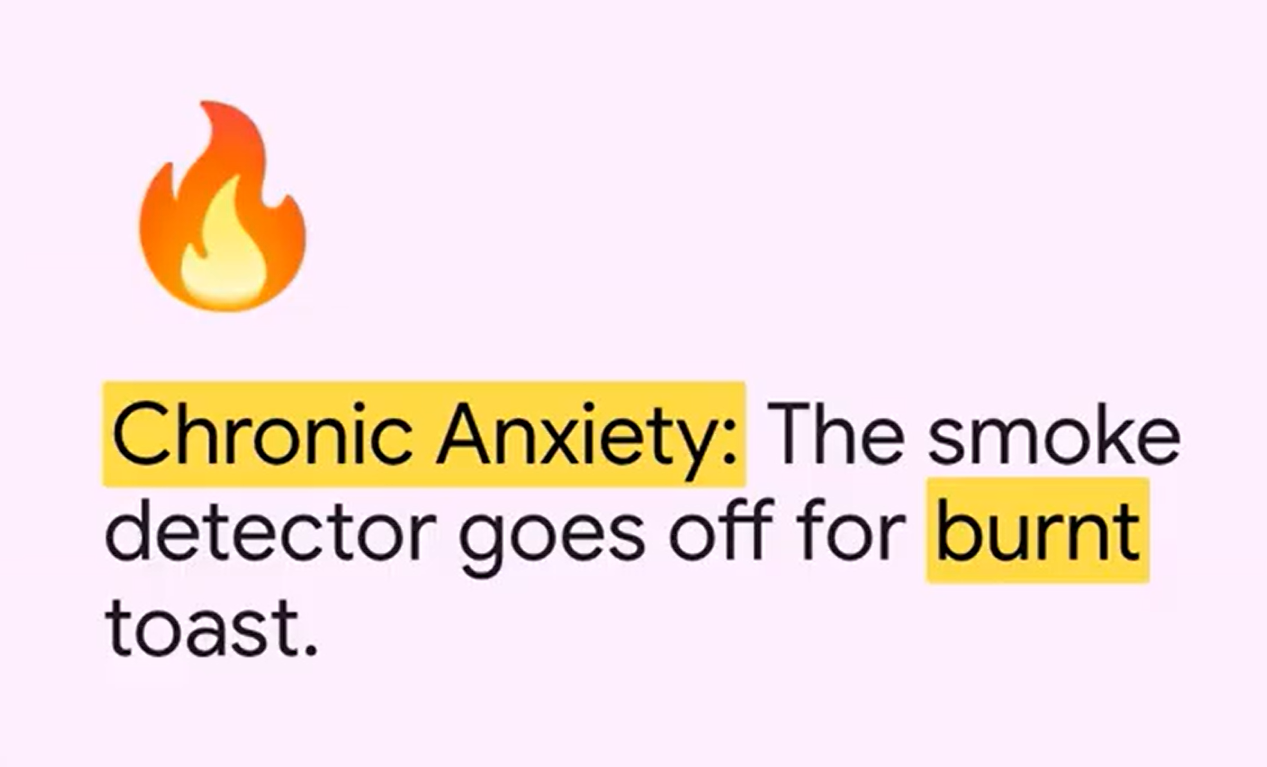
In a healthy system, it only goes off when there’s a real fire. But with chronic anxiety, that detector becomes way too sensitive.
It starts going off for something as simple as burnt toast, a stressful email, or even getting stuck in traffic. It starts to treat minor things like five-alarm fires.
The Stress Cascade
When that alarm goes off, it triggers a lightning-fast chain reaction:
- The amygdala yells danger!
- The hypothalamus sounds the alarm.
- The adrenal glands flood your system with adrenaline and cortisol. (Ressler & Mayberg, 2007, PubMed)
Your entire body shifts into high-alert fight-or-flight mode.
That restlessness, those racing thoughts, that pounding heart — they’re the direct result of your body being soaked in stress hormones, constantly ready for a threat that isn’t really there. (McEwen, 2007, PubMed).
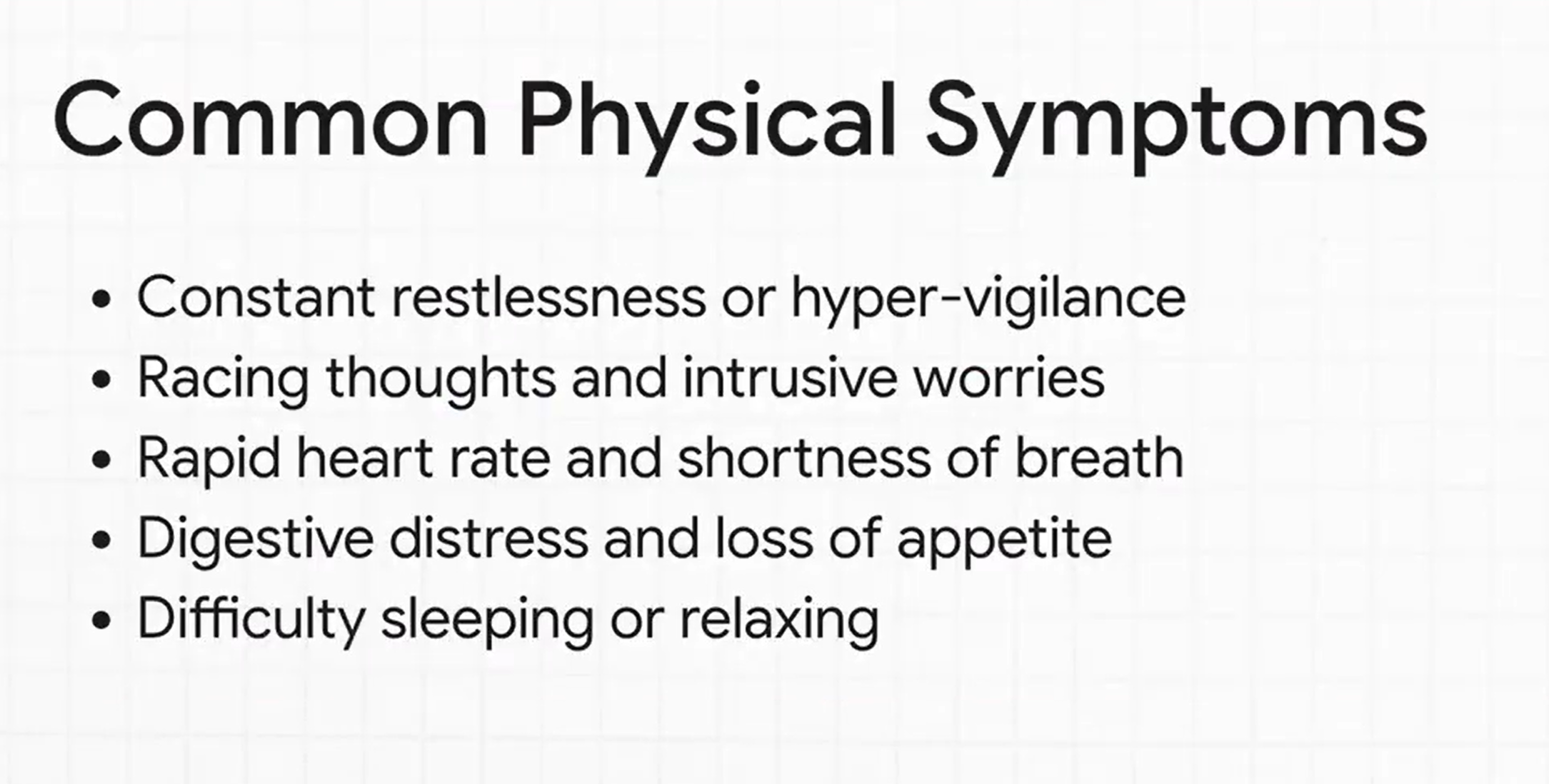
Uncovering Root Causes:
A multi-faceted issue
Okay, so we get it. The smoke detector is overly sensitive. But why?
One of the biggest players might not even be in your brain, it’s in your gut.
A healthy gut produces calming chemicals like serotonin. But when the gut’s out of balance, it can create inflammation that travels up to your brain and cranks up the anxiety signals. (Cryan et al., 2019, PubMed).
You can feel the difference immediately. When you’re calm, you can think clearly and remember things easily. But when cortisol floods your brain, your hippocampus starts to shut down, that’s when memory gets fuzzy, focus slips, and even simple navigation feels difficult.
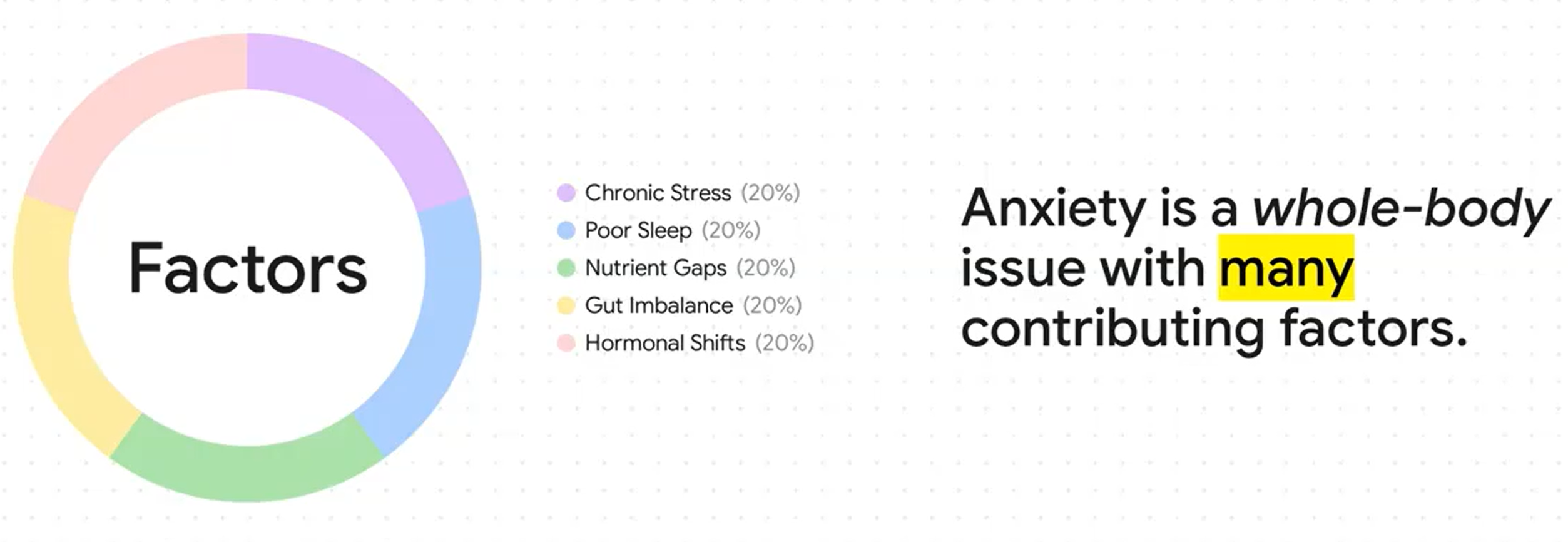
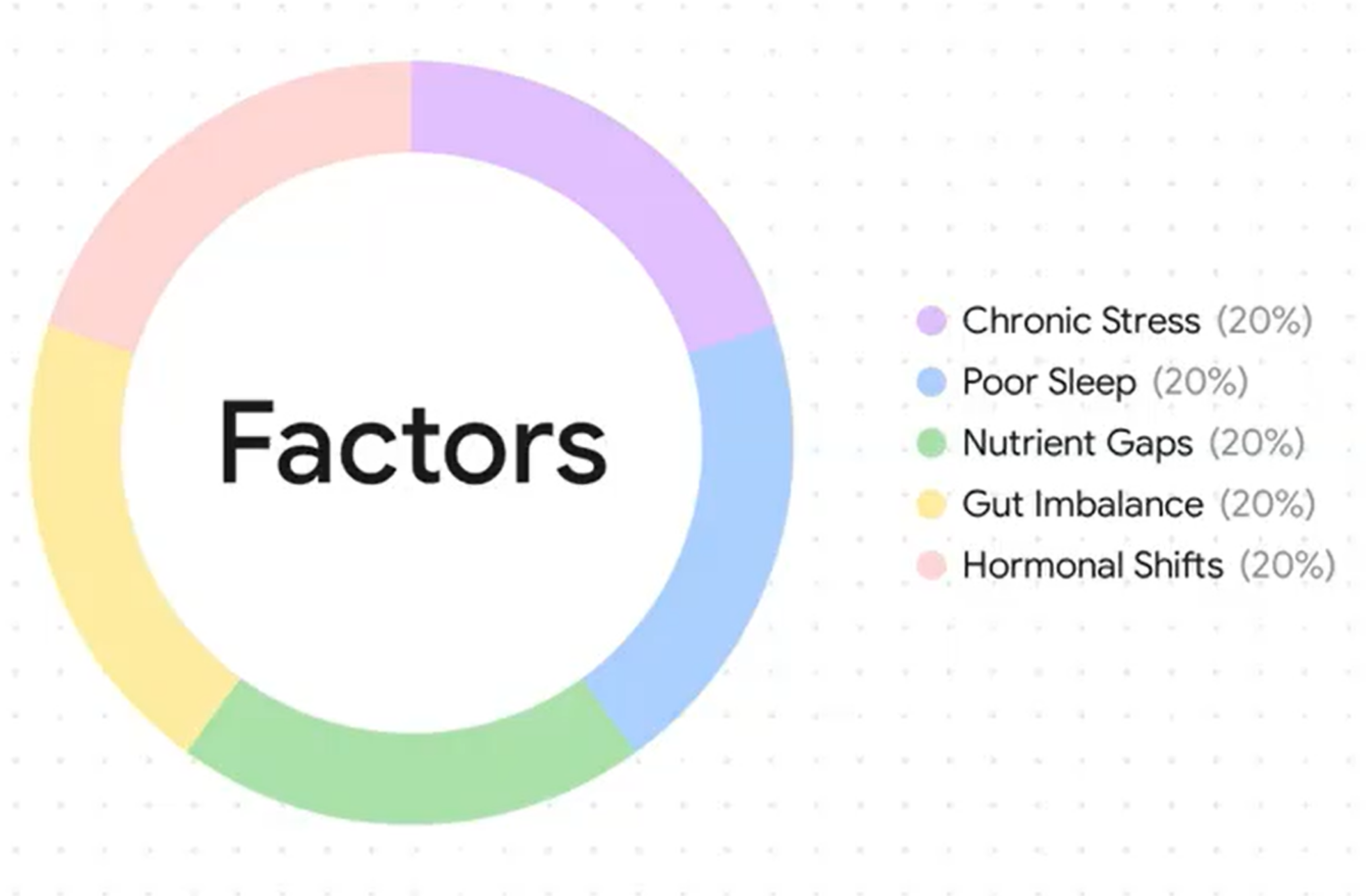
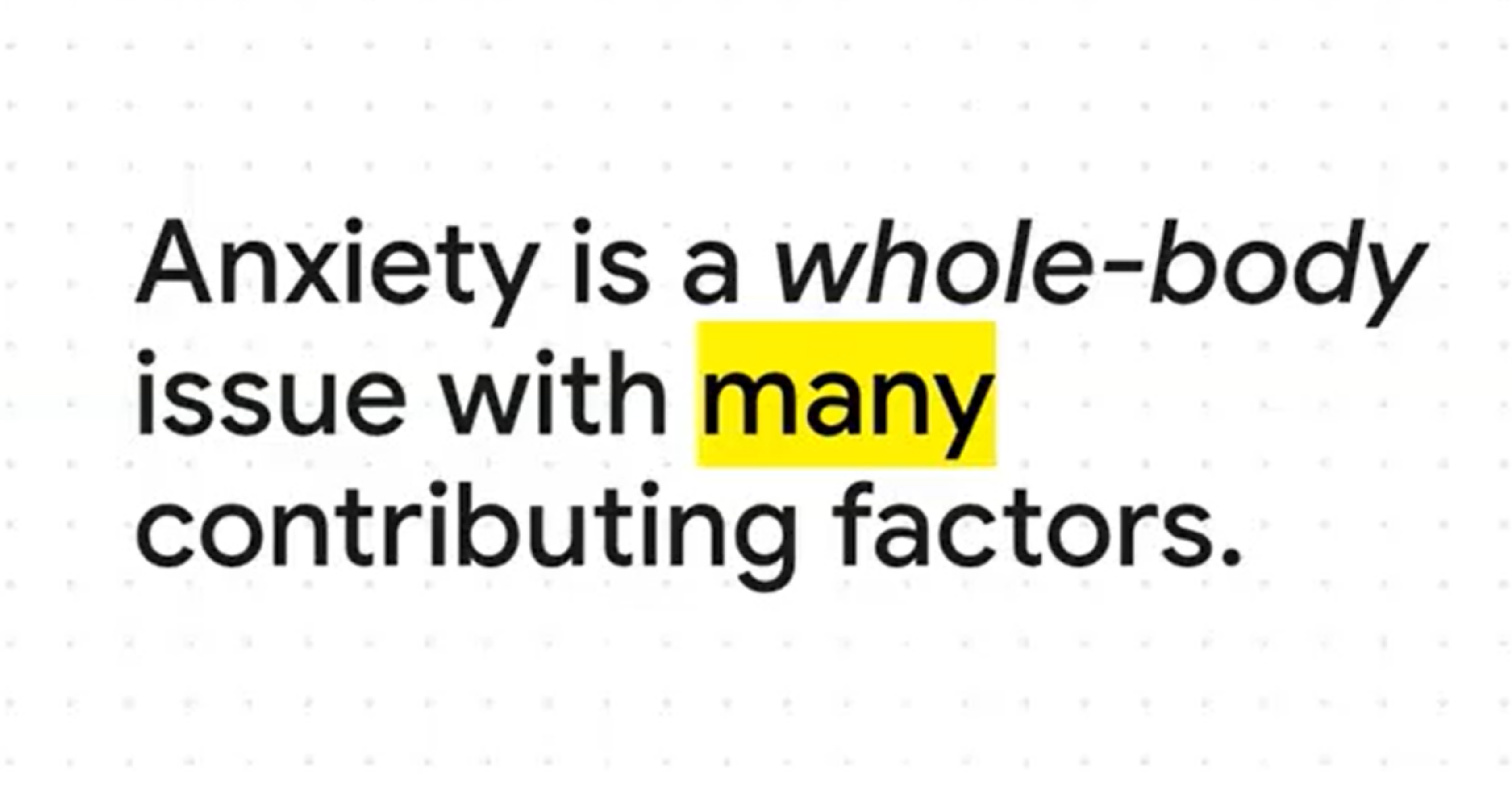
Usually, it’s not one single cause.
It’s a perfect storm where chronic stress, poor sleep, nutrient deficiencies all combine to keep your body’s alarm system in overdrive.
The Whole-Body Connection
This isn’t just a mental thing, it affects your whole system.
We’re talking:
Heart
Digestion
Immune response
Mental clarity
It’s a whole-body problem, which means it needs a whole-body solution.
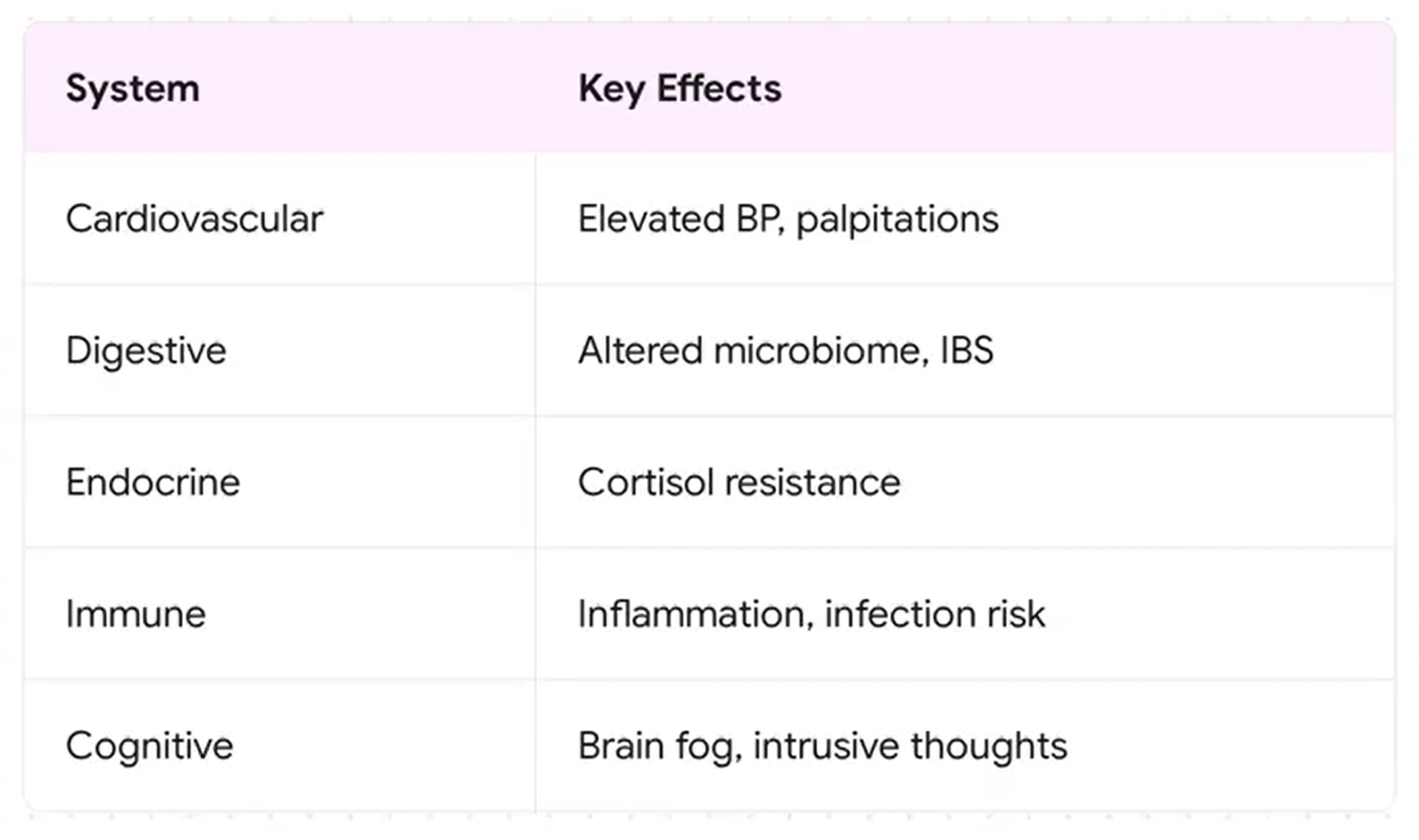
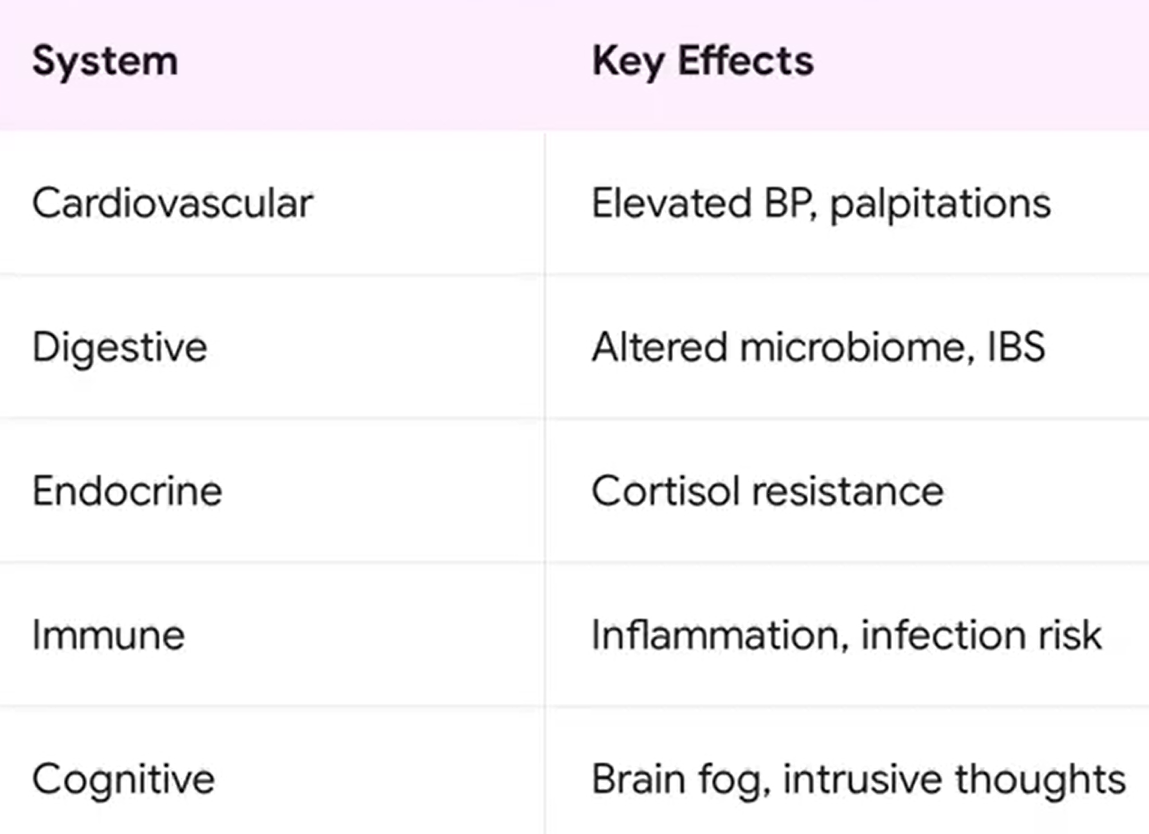
Retraining Your System:
The Path to Balance
The empowering part?
Because anxiety is a physical process, there are physical things you can do to retrain your nervous system.
You can literally teach your body how to feel safe again. (Zaccaro et al., 2018, PubMed).

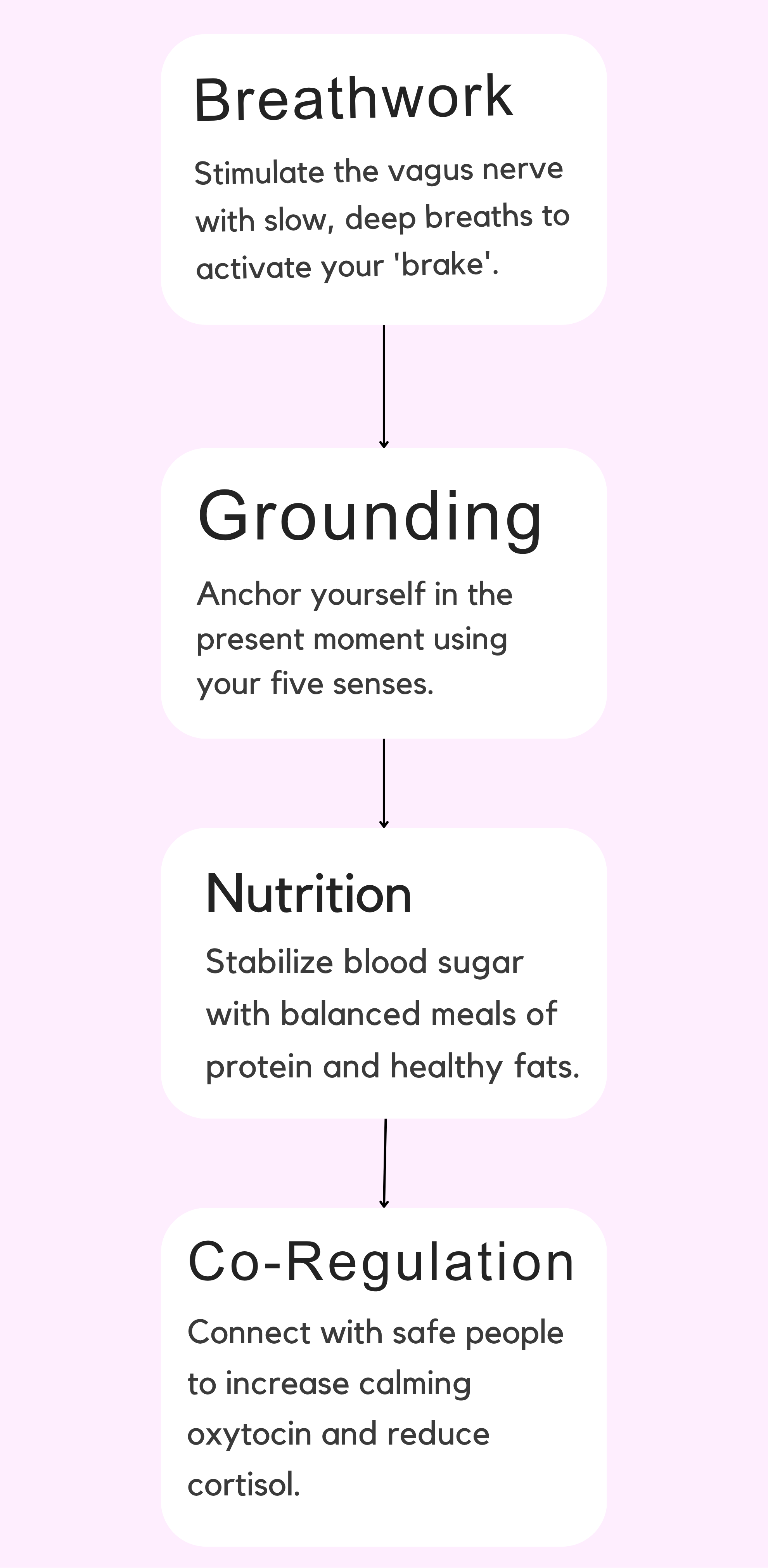
Take a slow, deep breath in through your nose, out through your mouth.
That’s your brake pedal working.
Simple, tangible things help send your body little signals of safety:
Slow, deep breathing
Grounding through your senses (touch, sound, sight)
Stabilizing blood sugar to prevent stress spikes
These are small, consistent steps that tell your body: You’re safe.
A New Perspective:
Shift your relationship
This might be the most powerful shift of all.
“What if anxiety isn’t the problem? What if it’s a messenger?”
It’s your body’s intelligent alarm system trying to tell you that something, your stress, your gut, your sleep, is out of balance and needs care.
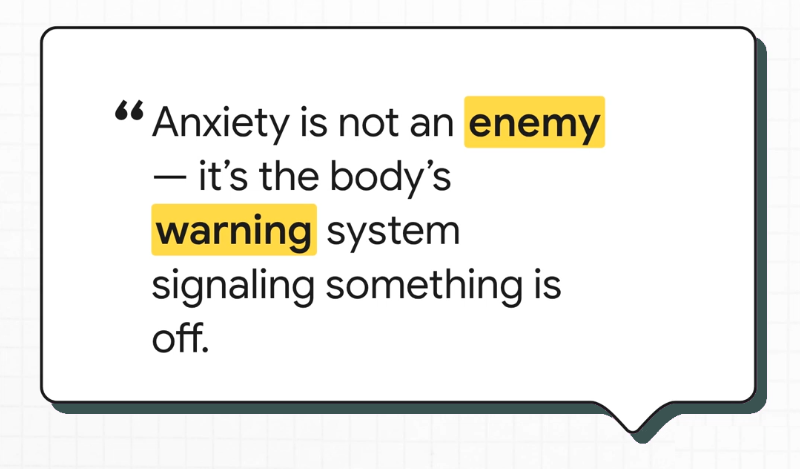
When we stop fighting the feeling and start listening to the message, everything changes.
Instead of getting critical, get curious.
That curiosity helps you uncover the real root causes and restore your body’s natural balance.
So the question isn’t “How do I shut this alarm up?”
The real question is:
“What is it trying to tell me?”
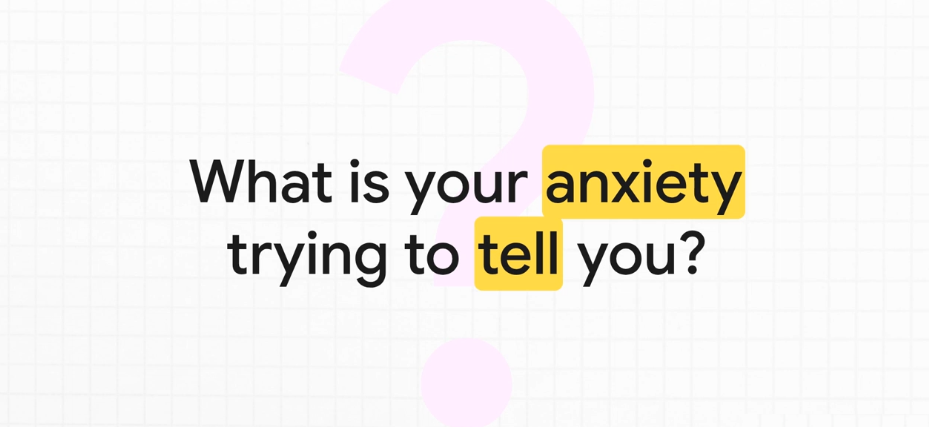
Do You Have Dysautonomia?
Take our quick and comprehensive symptom assessment to find out if your symptoms align with dysautonomia and receive personalized insights.
Frequently Asked Questions
Is anxiety purely psychological or physical?
Anxiety is both. It originates in neural circuits and hormone pathways that prepare the body for action. Chronic stress transforms this normal alert system into a persistent physical state of alarm.
What is the role of the amygdala in anxiety?
The amygdala detects potential threats and activates the body’s stress response. Overactivity in the amygdala has been linked to generalized anxiety and panic disorders.
How does gut health influence anxiety?
The gut produces neurotransmitters like serotonin and communicates with the brain via the vagus nerve. Dysbiosis and gut inflammation can amplify stress signals and anxiety sensitivity.
Why do breathing exercises help anxiety?
Slow, deep breathing activates the vagus nerve, increasing parasympathetic tone and reducing sympathetic overdrive, which physiologically lowers anxiety.
Can mitochondrial function affect mood?
Yes. Impaired mitochondrial energy production can heighten fatigue, stress sensitivity, and emotional dysregulation.
What lifestyle factors worsen anxiety physiology?
Chronic sleep deprivation, high sugar intake, excessive caffeine, and sustained psychological stress all promote sympathetic dominance and inflammation.
What is the first step toward restoring balance?
Identifying physiological contributors – nutrition, gut health, and sleep – while incorporating daily nervous system regulation techniques such as breathing or grounding.
Read More Articles
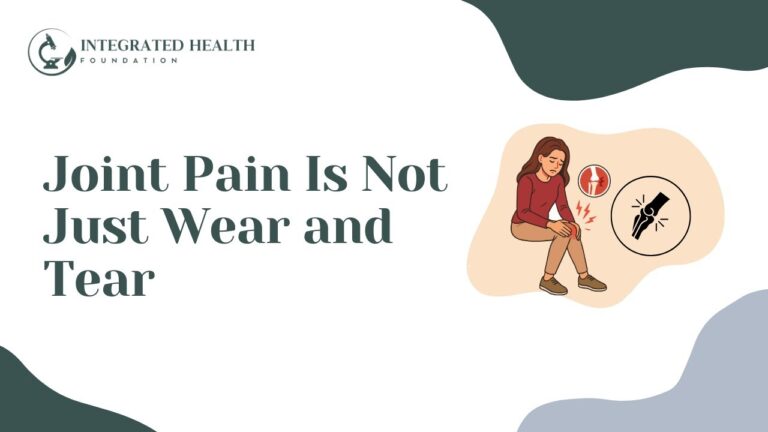
Joint Pain Explained: When Inflammation Becomes a Systemic Signal
Home Symptoms Explainer Joint Pain The Systemic Roots of Joint Pain Joint pain is not merely a mechanical issue of cartilage wearing down, it is often a systemic signal of deeper biological stress. Emerging research on systemic inflammation and joint pain reveals the interconnected roles of the gut, mitochondria, and
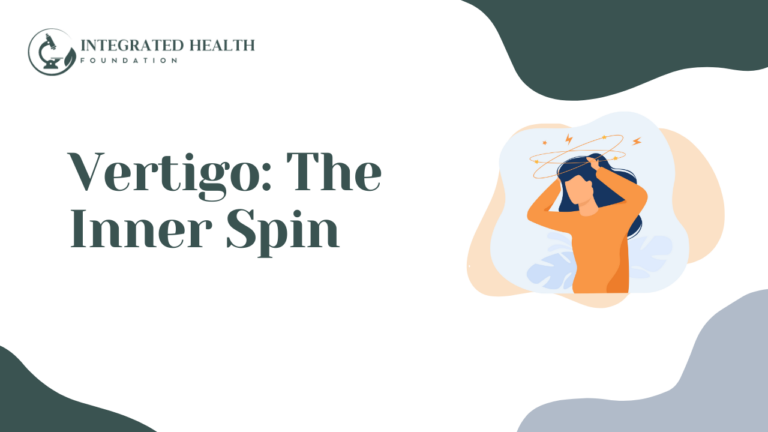
Vertigo: Why the Nervous System Causes Chronic Dizziness (POTS, Dysautonomia, Chronic Illness)
Vertigo is not simply a balance problem, it’s a sign of deeper physiological dysregulation involving the vestibular system, blood flow, gut-brain axis, and stress response. This article explores how inflammation, posture, and autonomic imbalance contribute to dizziness and offers insight into restoring internal balance.

Explaining Palpitations
Heart palpitations can feel sudden and alarming, yet they usually arise from the body’s regulation systems, not from heart disease. This article explores how stress, posture, breathing, hydration, minerals, and gut health affect rhythm and reveal the body working to stay balanced.
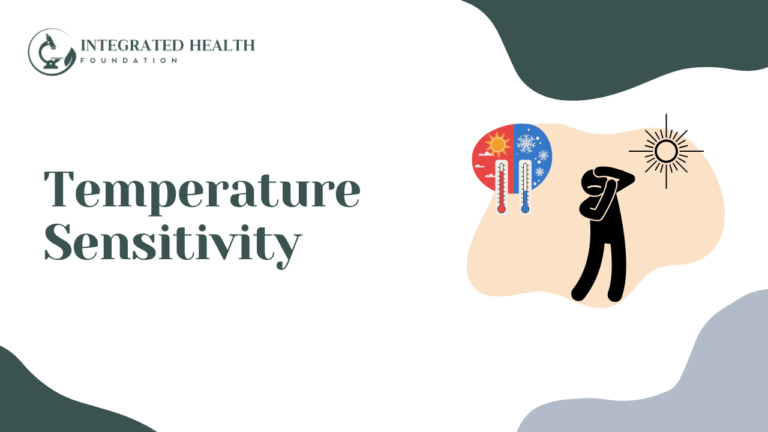
Temperature Sensitivity
Many people struggle with feeling too hot or too cold when others feel fine. This article explores how the autonomic nervous system, cellular energy, and inflammation control internal temperature and why these systems can fall out of balance.

Why Your Hands Get Freezing Cold
Cold hands and feet often reflect more than poor circulation, they’re signals from the nervous system. This article explains how vasoconstriction, stress, and autonomic imbalance redirect blood flow and what that reveals about the body’s intelligent protective mechanisms.
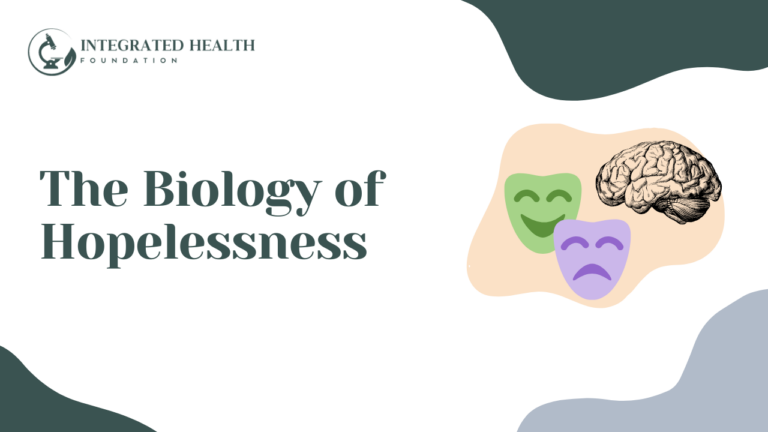
The Biology of Hopelessness
Hopelessness is not a personal failure but a biological state driven by chronic stress and nervous system overload. When survival mode dominates, the amygdala, stress hormones, and energy systems shift, suppressing motivation and perspective. Understanding this physiology creates a clear path toward restoration.

